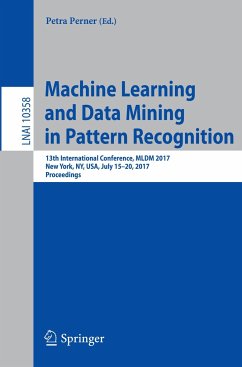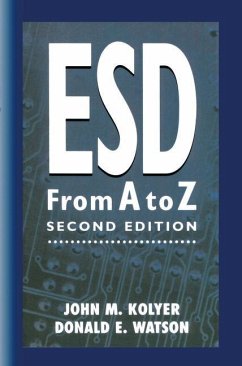
Technologies for Constructing Intelligent Systems 1
Tasks
Herausgegeben: Bouchon-Meunier, Bernadette; Gutierrez-Rios, Julio; Magdalena, Luis; Yager, Ronald R

PAYBACK Punkte
57 °P sammeln!
Intelligent systems enhance the capacities made available by the internet and other computer-based technologies. This book deals with the theory behind the solutions to difficult problems in the construction of intelligent systems. Particular attention is paid to situations in which the available information and data may be imprecise, uncertain, incomplete or of linguistic nature. Various methodologies for these cases are discussed, among which are probabilistic, possibilistic, fuzzy, logical, evidential and network-based frameworks. One purpose of the book is to consider how these methods can...
Intelligent systems enhance the capacities made available by the internet and other computer-based technologies. This book deals with the theory behind the solutions to difficult problems in the construction of intelligent systems. Particular attention is paid to situations in which the available information and data may be imprecise, uncertain, incomplete or of linguistic nature. Various methodologies for these cases are discussed, among which are probabilistic, possibilistic, fuzzy, logical, evidential and network-based frameworks. One purpose of the book is to consider how these methods can be used cooperatively. Topics included in the book include fundamental issues in uncertainty, the rapidly emerging discipline of information aggregation, neural networks, bayesian networks and other network methods, as well as logic-based systems.












